Following our top 50 films of 2020 and more year-end coverage, we’re pleased to share personal top 10s of 2020 from our contributors.
Oh, where to begin? There’s usually so much to complain about. Yes, 2020 was rough. It was like if the second half of mother! was directed by three minions in a trench coat posing as McGruff the Crime Dog and then came to life. Even the film world was odd. Stuff got pushed to VOD. Studios delayed tent poles a year back in some cases. In what has to be the longest record since I was three years old, I haven’t been to a theater since March 12. I’m all but sure it’ll be more than a few months before it’s safe (or even possible) to see something again on the big screen, but getting this handful of movies is more than a nice consolation prize.
10. Time (Garrett Bradley)
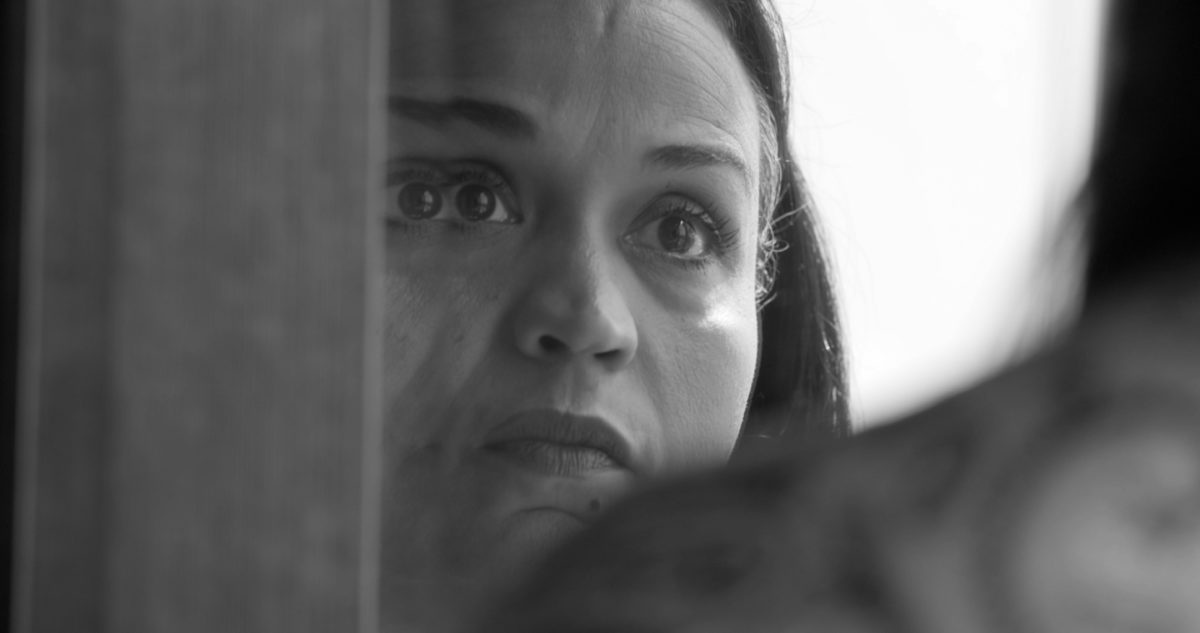
For most of its runtime, Garrett Bradley’s documentary is a tragedy. It’s a portrait of a broken system, the punishment that supersedes crime, and the lives it tears apart. But while Fox Rich tracks her attempts to free her husband, Rob Rich II, from a 60-year prison sentence, Bradley and editor Gabriel Rhodes spin together hardships and endurance lyrically enough for the sights to complement Edwin Montgomery & Jamieson Shaw’s score.
9. Swallow (Carlo Mirabella-Davis)
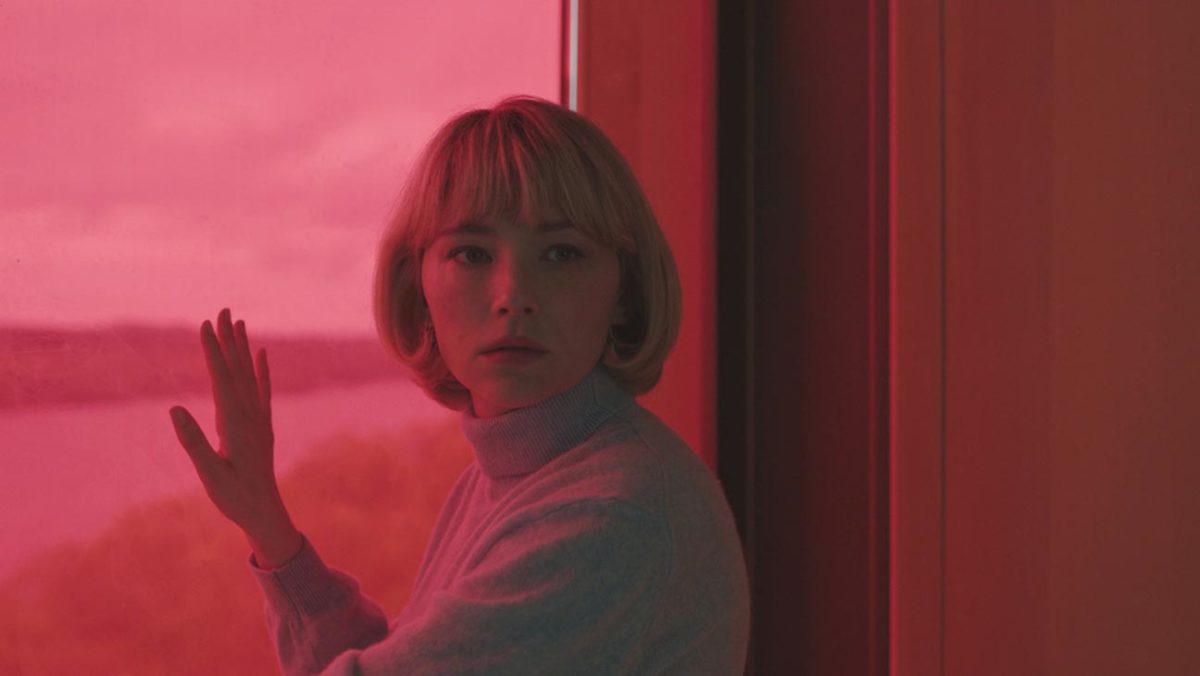
Just why don’t more movies feature eating inedible objects? Better yet, how does Carlo Mirabella-Davis save his premise from exploitation? Sure, a lot of it has to do with Haley Bennett’s performance, which turns others’ demands into something as kaleidoscopic as Erin Magill’s production design. But it’s more than that. Swallow knows that no one else takes its heroine seriously and takes the risk to follow her lead, mixing body horror and feminist fable.
8. The Nest (Sean Durkin)
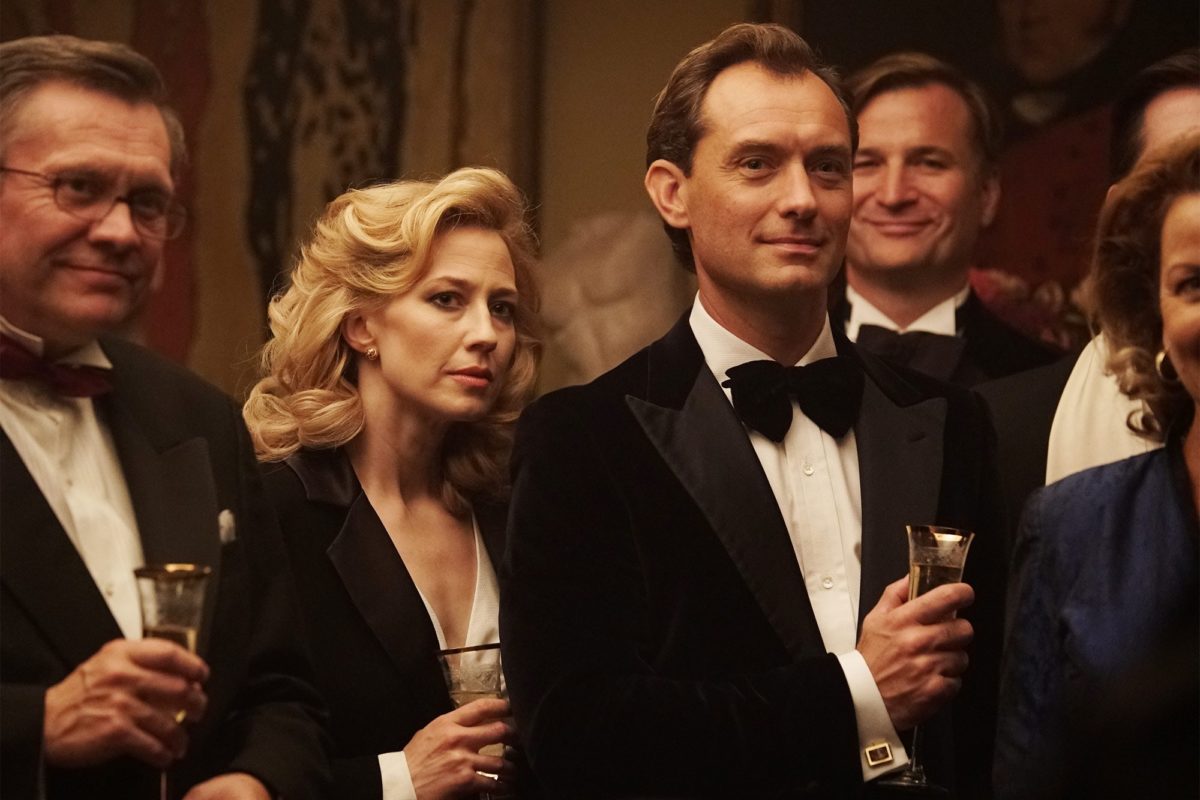
On paper, Sean Durkin’s first film in nine years sounds like a play. That’s not an inherently bad thing, but movies that stop at being filmed plays are. This sort of dissonance works to its advantage, however, with Durkin’s script at times playing like a tighter, Reagan-era riff on dramas of the ‘40s and ‘50s from both sides of the Atlantic. With Mátyás Erdély’s cinematography and typically stellar work from Carrie Coon, it’s direct enough to resent and pity its characters to differing degrees.
7. Black Bear (Lawrence Michael Levine)
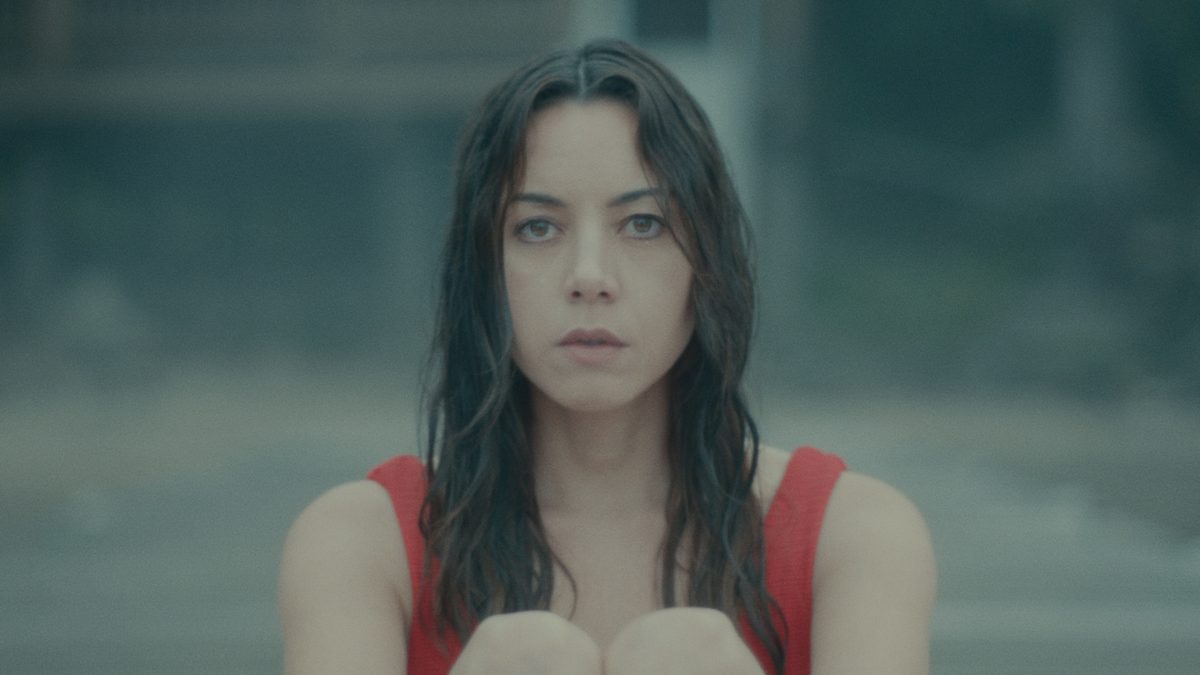
It may be about capital-I Indie movies, but it’s not so much about their tropes. It’s about their affects and effects. They’re nondescript, insipid, dehumanizing. Christopher Abbott matches this to a tee onscreen, but it’s Aubrey Plaza who gives some of her very best film work in the lead. Toying with and reclaiming her public persona, she, alongside writer/director Lawrence Michael Levine’s sense of movement, finds the dark humor without teetering into outright satire or parody.
6. First Cow (Kelly Reichardt)

As to be expected from Kelly Reichardt, First Cow takes a story and doesn’t try to tack anything extraneous to it. It’s like a children’s storybook in how tender it is, decidedly mature in its creative and technical decisions. The soundscape, Christopher Blauvelt’s damp 35mm work, the silliness under the sternness—it borders on synesthetic. In the end, it’s the human core that makes it stick.
5. Vitalina Varela (Pedro Costa)
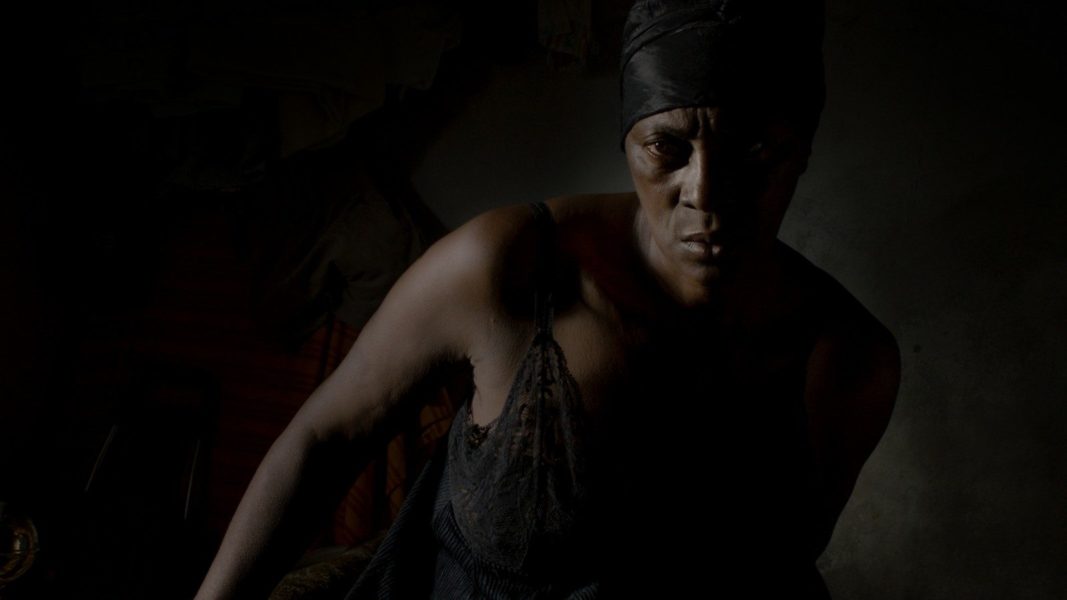
Pedro Costa and cinematographer Leonardo Simões take their heroine’s mind and turn it into a ghost town. The dark Lisbon streets fold into each other; human silhouettes get closer. It’s hard to discern exactly what’s happening, but it’s not unclear. It’s otherworldly and may as well last for 12 hours, maybe even 24. It’s hard to keep track when so much of it is at night. But that’s okay. It takes real talent to make loneliness feel this intimate.
4. Never Rarely Sometimes Always (Eliza Hittman)
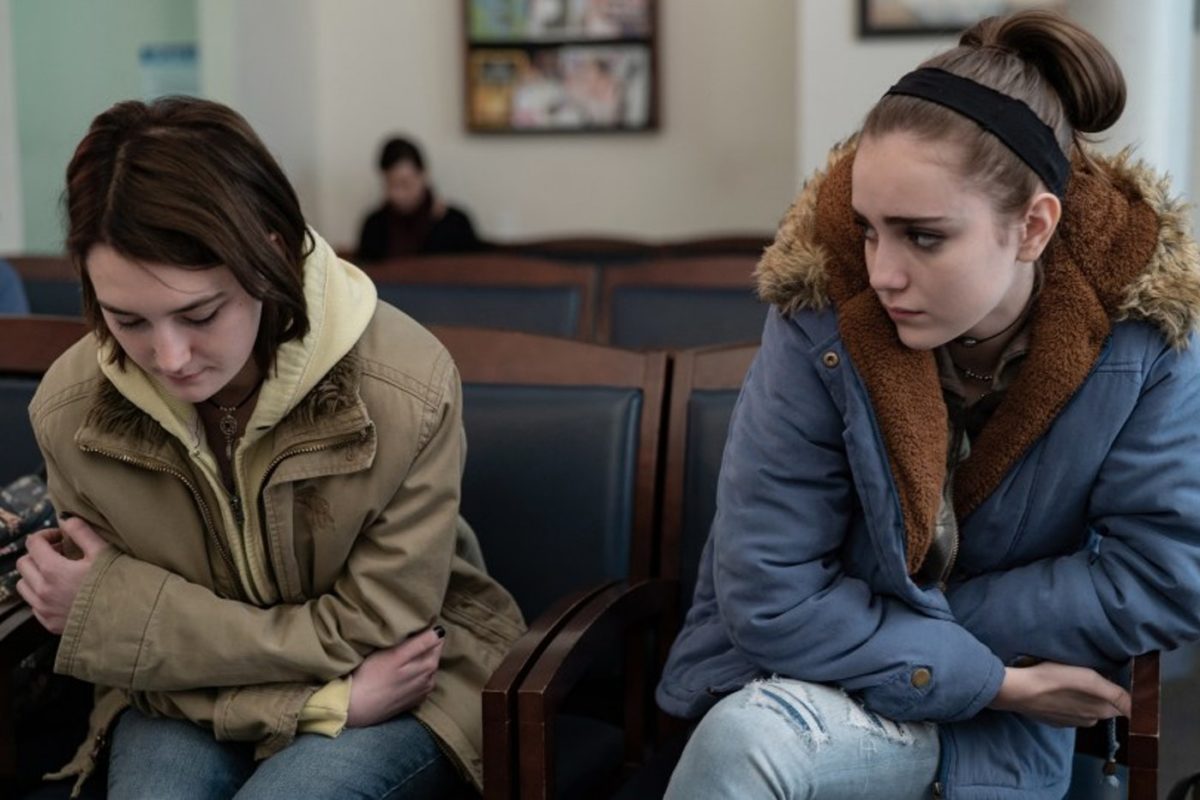
At the heart is Sidney Flanigan in her first-ever role. She is, like the movie, simultaneously quiet, confident, and analytical of her surroundings. Add in Hélène Louvart’s 16mm work and this movie doesn’t treat its protagonist like a character. It approaches her as her own person, never pushing her in any one direction. As a writer, Eliza Hittman never interjects. As a director, she reassures the young woman at the center without exaggerating or softening the circumstances.
3. I’m Thinking of Ending Things (Charlie Kaufman)
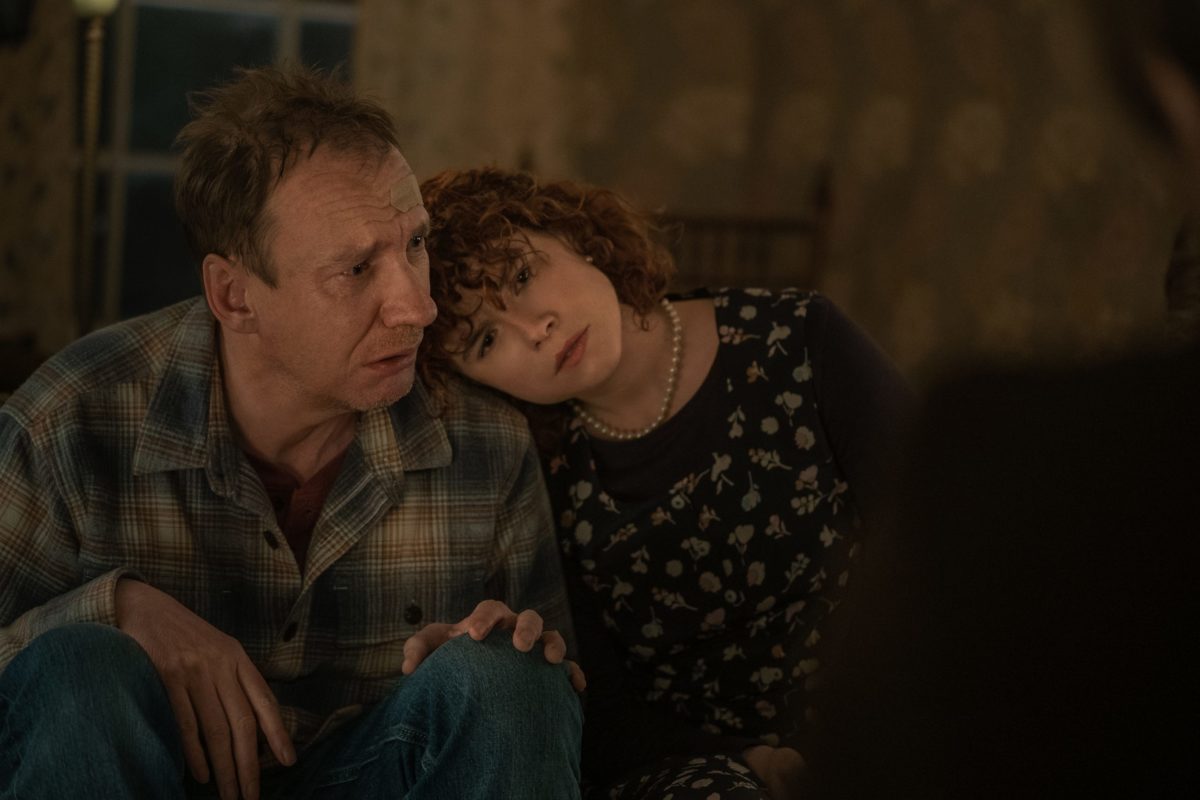
An exploration of social anxiety, a dive into the subconscious, a look at mortality—the dream logic of Charlie Kaufman’s latest binds it together finely and loosely. It’s both as frigid and warm as its characters. With Robert Frazen’s editing (which is the year’s best), its touches of surrealist horror allow the humor and melancholy of Kaufman’s script to exist in tandem. Virtually everything here feeds off one another before drifting apart. It’d be cozy if it didn’t feel like freezing to death.
2. The Assistant (Kitty Green)
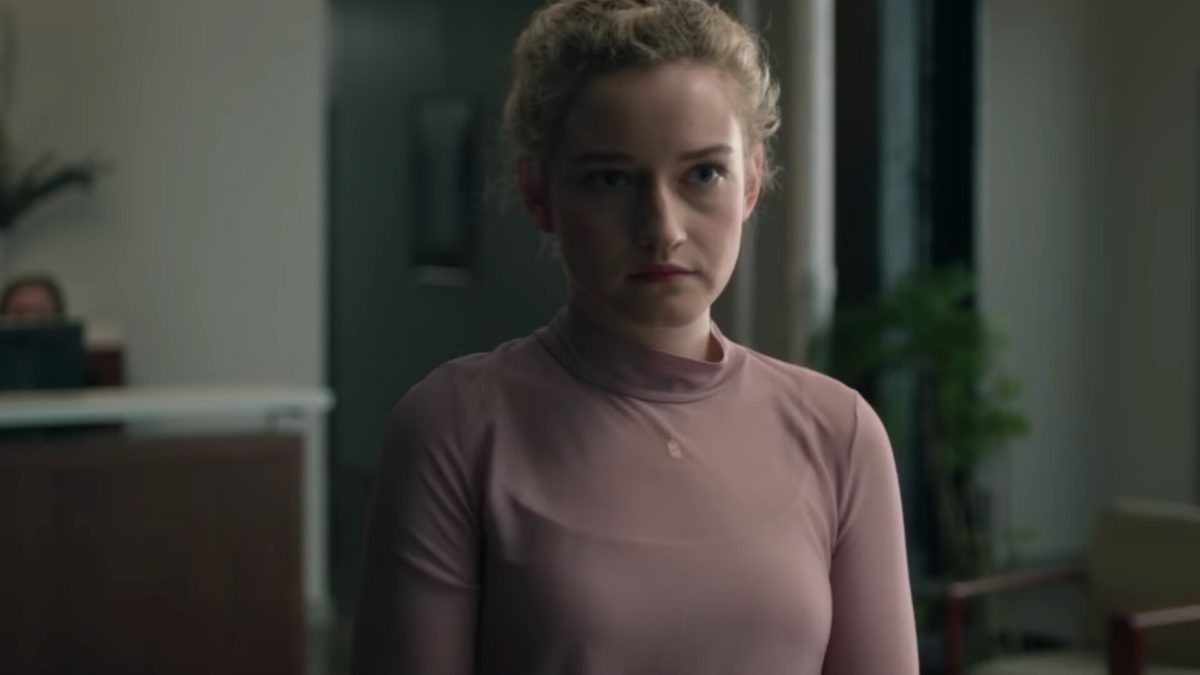
For her first fully scripted feature, Kitty Green gives us one of the most confidently low-key movies in quite some time. To simply label it as a Harvey Weinstein allegory is reductive at best, though. Here, Green slowly yet constantly feeds us new information akin to the works of Chantal Akerman and turn-of-the-millennium Gus Van Sant, with Julia Garner’s performance anchoring it all throughout. It’s hypnotic
1. Promising Young Woman (Emerald Fennell)
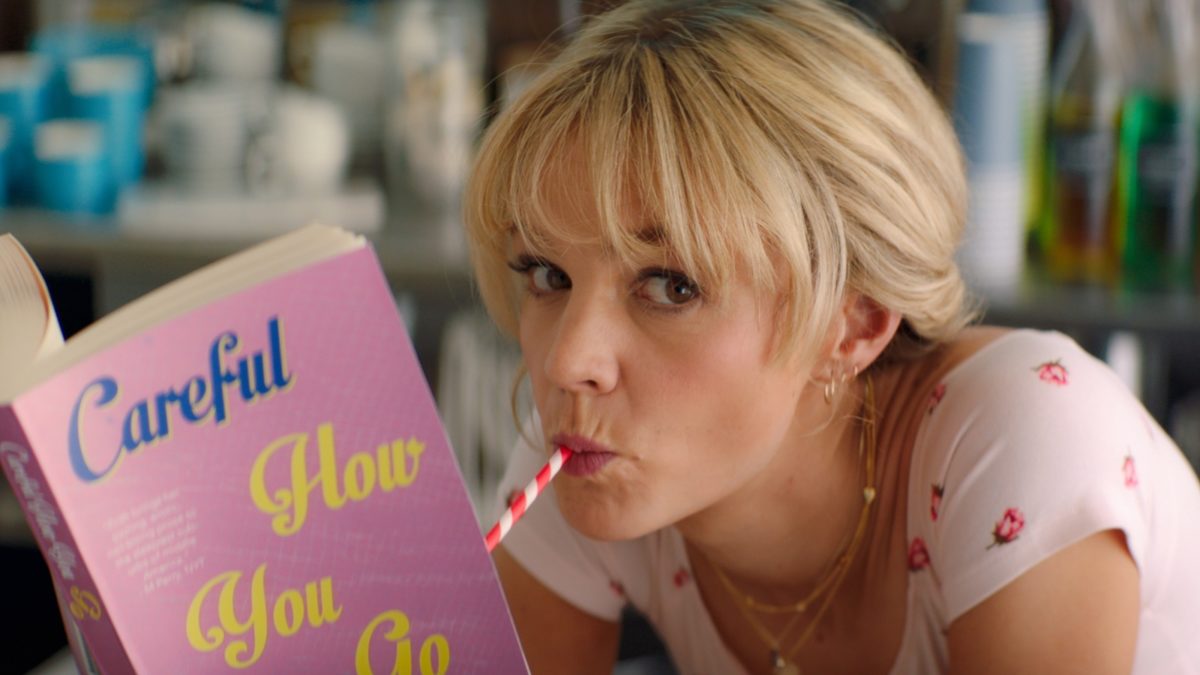
Unafraid of putting off audiences, Emerald Fennell’s feature debut is the rare movie that understands rage. It knows the feeling of welcoming scorched earth; it sees the inability of truly moving past trauma. Carey Mulligan does stellar work and the bubblegum costume design makes for an addictive viewing, but it’s so much more than that. It’s cynical and hopeless just as it should be, and its looks at the aftershocks of rape are cathartic and exhausting in equal measure.
